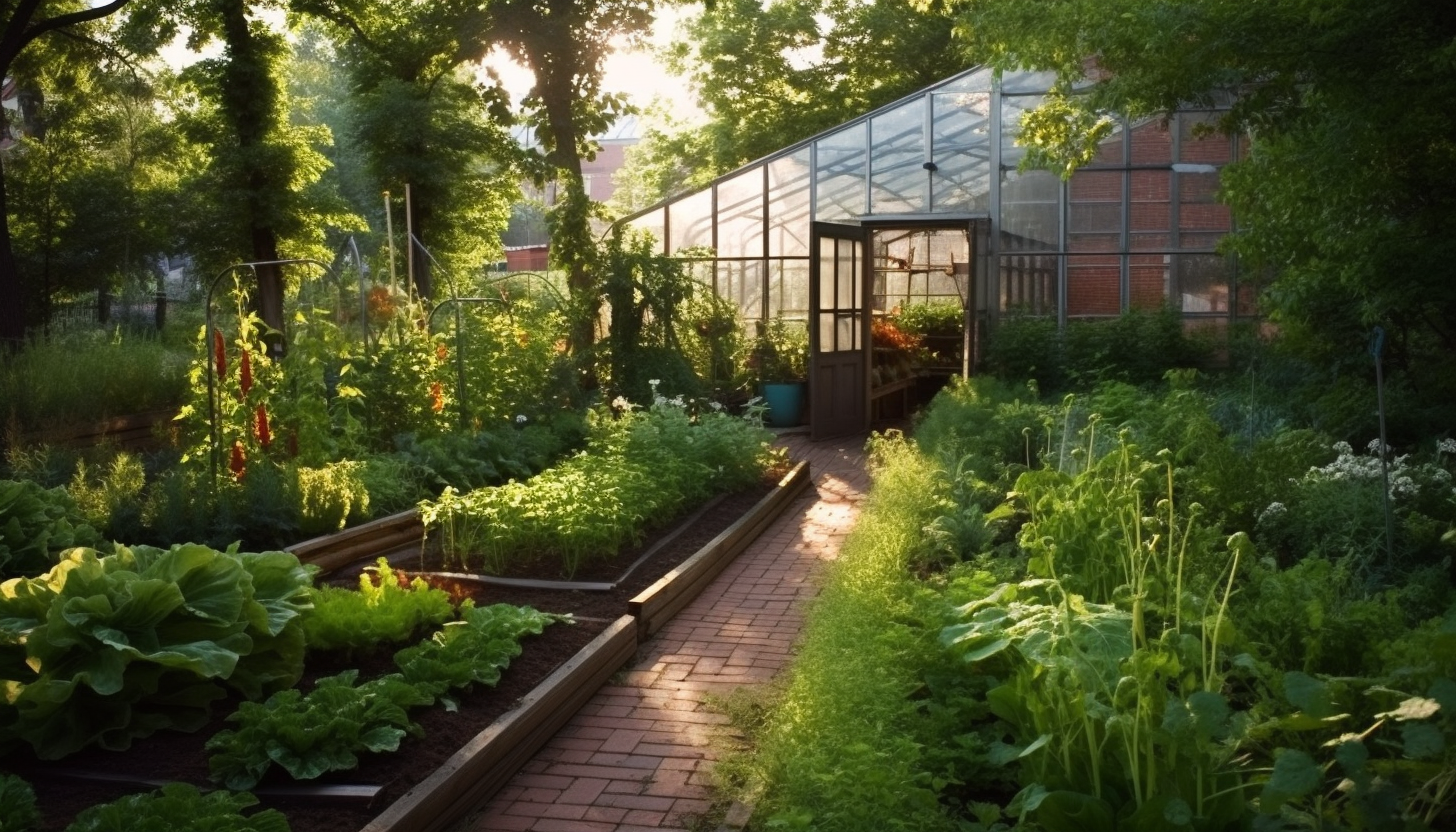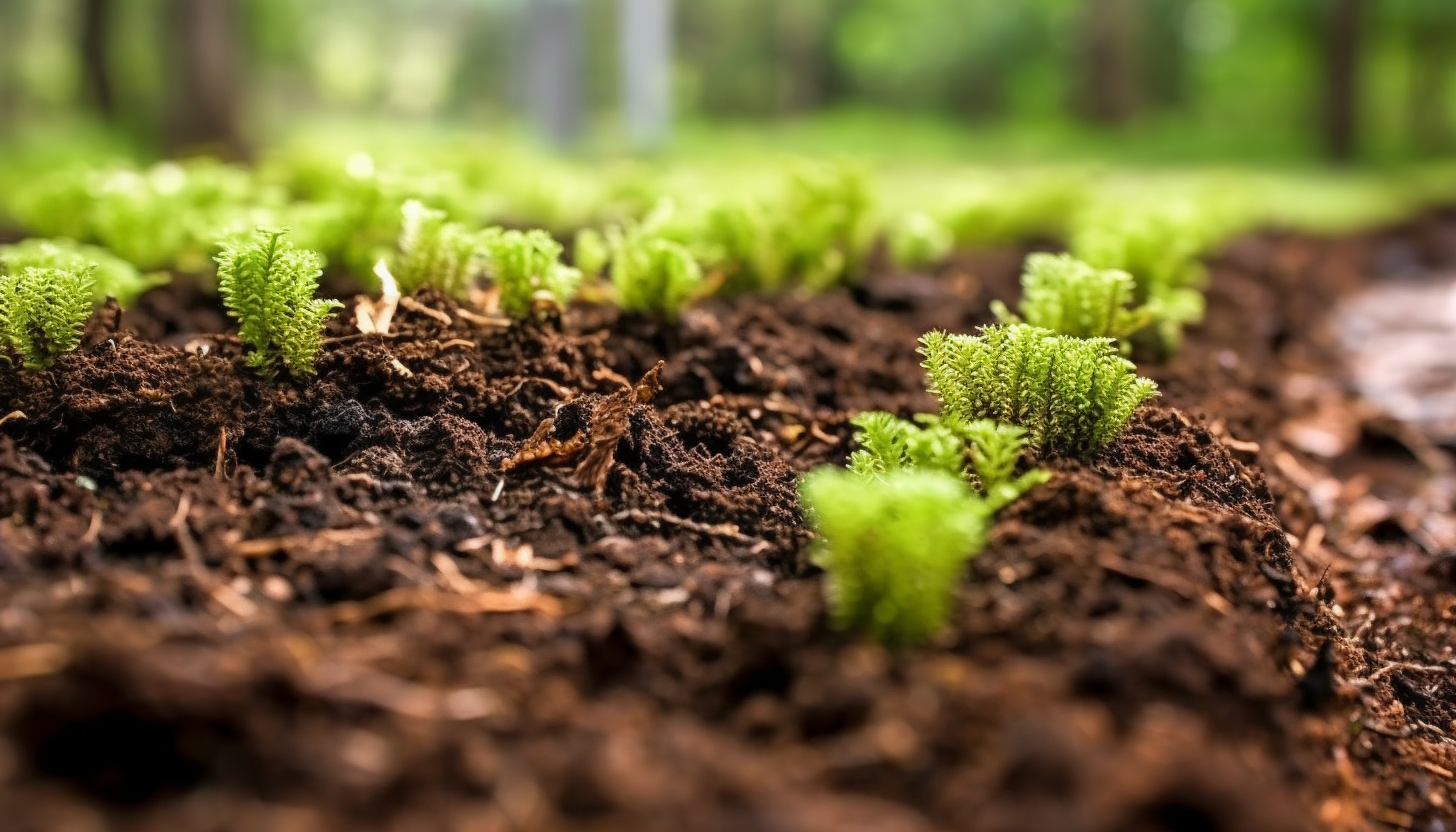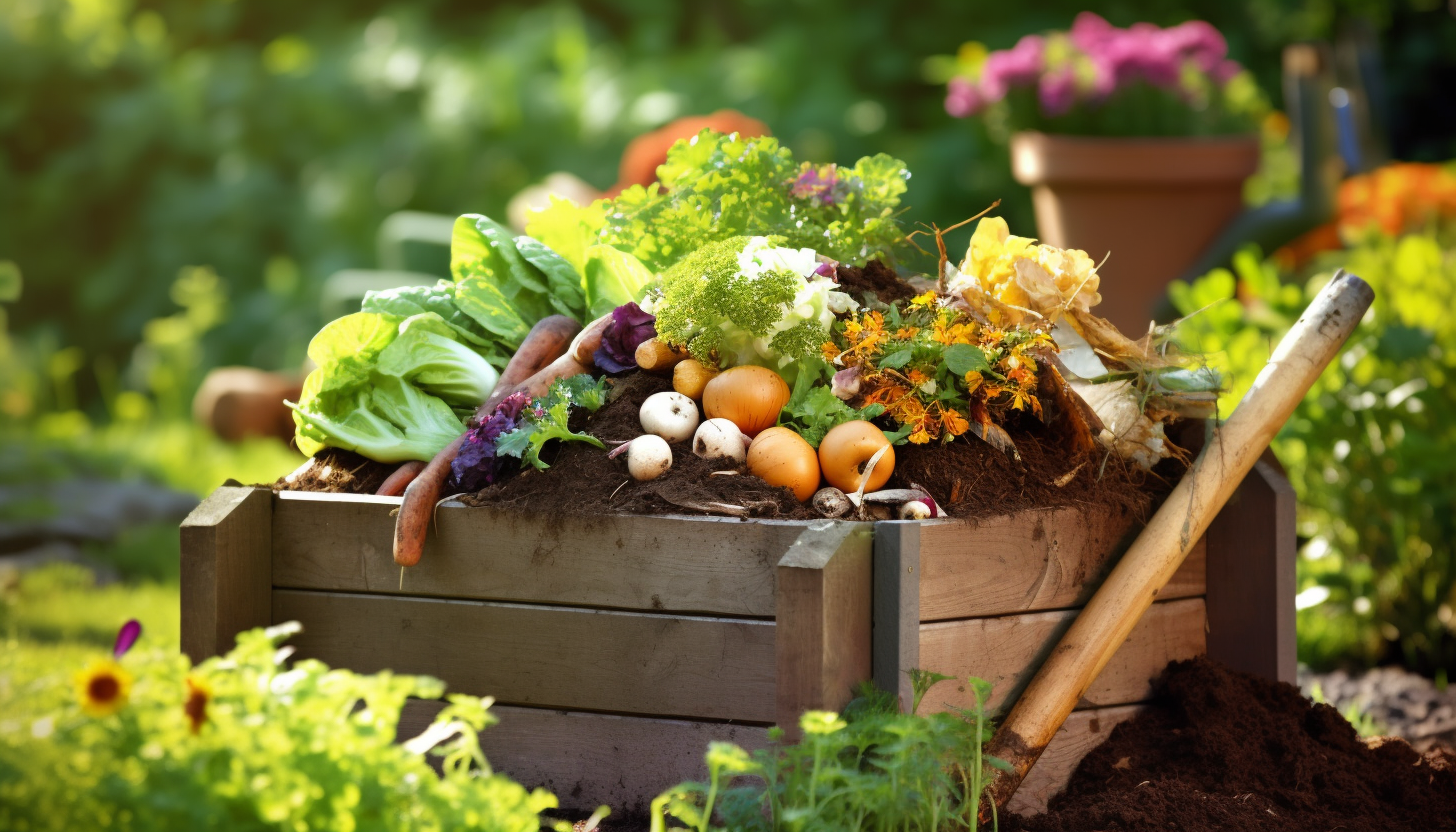P
May 28, 2023
Creating a Sustainable Urban Garden: Tips for a Self-sufficient Home
#Sustainable Urban Garden
#Urban Farming
#Self-sufficient Home
#Vegetable Gardening
#Composting
#Space-efficient Techniques
#Balanced Ecosystem
#Rooftop Gardening
#Natural Resources

sustainable-urban-garden-thumbnail
The Journey to a Sustainable Urban Garden
With the rise of environmental awareness, many urban dwellers are exploring the idea of creating a sustainable urban garden in their homes. A sustainable urban garden is more than just a simple vegetable patch; it's an ecosystem that mimics nature and relies on locally-sourced, waste materials for nourishment. The benefits of a self-sufficient home go beyond fresh vegetables in the kitchen; they can contribute to a cleaner environment and a more balanced ecosystem. However, the journey to a sustainable urban garden is not an easy one. It requires space-efficient techniques, a thorough understanding of the ecosystem, and a commitment to continuous improvement. In this article, we will explore some of the essential steps to creating a sustainable urban garden in your home.
Space-Efficient Techniques
One of the biggest challenges in urban gardening is the limited space. However, this limitation can be turned into an opportunity. Vertical gardening is one of the space-efficient techniques that can be used in urban gardening. It involves growing plants up a wall or a trellis, allowing more space for plants in the ground. This technique is especially useful in small spaces, as it increases the gardening area without taking extra ground space. Vertical gardening can be done with vegetables, flowers, or herbs, depending on your preference. Another space-efficient technique is the use of containers. Container gardening allows you to grow plants in pots or bins, which can be placed anywhere with adequate sunlight. This method is great for people with limited outdoor space, as it allows for more gardening in less area.
Composting and Natural Resources
Composting is an essential part of any sustainable urban garden. It involves collecting and breaking down organic materials like vegetable and fruit scraps, lawn clippings, and manure, into a nutrient-rich soil amendment. Composting not only reduces waste but also contributes to the health of your garden's soil. It can improve the soil's structure and fertility, making it better suited to plant growth. Furthermore, composting promotes the recycling of organic materials, reducing the demand for fertilizers made from non-renewable resources. Composting can be done in a dedicated compost bin or in a dedicated section of your garden bed. It's a slow and steady process, but the end result is a rich and nutritious soil for your plants.
Balanced Ecosystem and Rooftop Gardening
A balanced ecosystem is crucial to a sustainable urban garden. It involves creating a garden space that mimics the natural environment, where plants, insects, and microorganisms work together in a harmonious manner. This can be achieved by providing a variety of plants in your garden, each with different space requirements, which will encourage biodiversity. It's also important to consider the insects and microorganisms in your garden, as they can play a significant role in the health of your plants. For example, bees and other pollinators can help your plants to thrive, while beneficial insects can keep harmful pests under control. Rooftop gardening is another space-efficient technique that can be used in urban gardening. It involves growing plants on the rooftop of a building, which can be accessed easily and can provide fresh produce for the residents.
Final Thoughts
Creating a sustainable urban garden is a journey, not a destination. It's a continuous process of learning, adapting, and improving. Every garden is unique and will require different strategies and techniques to make it truly self-sufficient. However, with the right knowledge, commitment, and a little bit of creativity, you can transform your rooftop or balcony into a space-efficient oasis that provides fresh vegetables, reduces waste, and contributes to a cleaner environment. The key to a sustainable urban garden is to remember that it's not just about the plants; it's about creating a balanced ecosystem that mimics nature. Remember, sustainability isn't just a trend; it's a responsibility we all share to protect our planet for generations to come.


